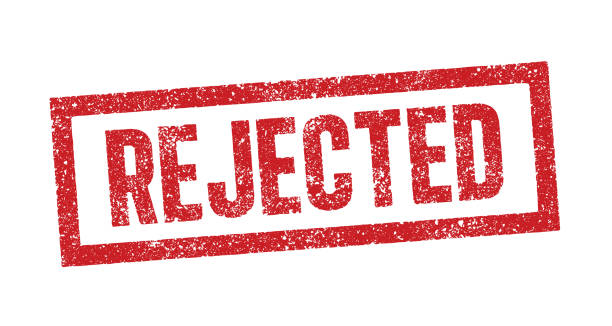Related Articles
Key findings
- Initiative 732 would increase taxes on carbon-based energy while cutting sales and business taxes to provide an incentive to reduce Washington’s carbon emissions without raising the general tax burden.
- The initiative would raise taxes by about 15 cents per gallon of gas initially, up to 25 cents per gallon, then gradually increasing after that.
- To offset that increase, it would cut state sales taxes from 6.5 percent to six percent in 2017 and then to 5.5 percent in 2018.
- The Washington State Office of Financial Management says the initiative would result in a $200 million average annual tax cut statewide.
- Families and businesses would see varying impacts based on the mix of energy costs and sales tax they currently pay.
- For example, farms with low fuel costs and high capital expenditure would expect to see their taxes reduced. Farms with larger fuel costs or low capital expenditure would likely see their tax bills increase.
Introduction
With climate change ranking as the most divisive issue in national politics,[1] it is not surprising that Initiative 732, which seeks to cut carbon emissions, is contentious. It is the most recent in a series of polices designed to address climate change. For example, in 2015, Governor Inslee’s proposal to create a cap-and-trade system for Washington state failed to make it to the floor of the legislature due to bipartisan opposition.[2] After that failure, he ordered the Department of Ecology to implement a new rule, circumventing legislative approval, to create a similar system of carbon caps.
The revenue-neutral carbon tax proposed by Initiative 732, however, has shifted some of the traditional political lines in Washington, with the left and right finding splits in support and in opposition.
At the center of this conflict is a change from the traditional approach to climate policy. For more than a decade, Washington’s climate policy has been defined by a combination of mandates – like requirements to generate “renewable” energy[3] or blend biofuels in gasoline – and subsidies, such as tax breaks for solar energy and electric vehicles. Politicians and government chose the technologies and beneficiaries of taxpayer funds, and then impose their favored policy on the public.
The revenue-neutral carbon tax initiative proposes a very different approach. It would apply a tax to carbon-based energy, both electricity and motor fuel, and would cut other taxes to offset the new tax increase. Rather than increasing revenue or funding more government programs, the goal is to shift the incentives of companies and families away from carbon-based energy.
This change has caused a rift among those on both left and right. Some Republican lawmakers have endorsed Initiative 732, including State Senators Mark Miloscia and Joe Fain,[4] while the state’s chamber of commerce, the Association of Washington Business, has been the most vocal critic of the initiative.
Additionally, the environmental community is split over the initiative. Two dramatic examples stand out. First, when CarbonWA, the organization proposing Initiative 732, announced it had collected enough signatures to file the initiative, major environmental donors made a huge financial offer to CarbonWA to throw the signatures away and create an alternative initiative in keeping with the environmental community’s traditional, government-centric approach. When CarbonWA refused, groups like the Washington Environmental Council announced they would oppose the initiative.
That decision has caused internal dissention among some in the community. The Sierra Club, for example, voted not to support Initiative 732. Rank-and-file members, however, asked to reconsider that position. Instead, staff from the Sierra Club’s national office overruled the local request, forcing the Washington state chapter to oppose the initiative.
Polls, show the voters are confused and undecided about Initiative 732’s revenue-neutral approach, showing large numbers of undecided voters.
In this Citizens Guide we will review the details of the initiative and how it would impact families, state revenues and state business. As with any tax reform, there would be winners and losers. Some outcomes are not surprising. There are, however, some surprising beneficiaries from the initiative. Overall, the state’s budget agency, the Office of Financial Management (OFM), estimates Initiative 732 would amount to a tax cut averaging about $228 million a year for the first six years, which means there would be many people who would see their taxes reduced as a result of the initiative.




